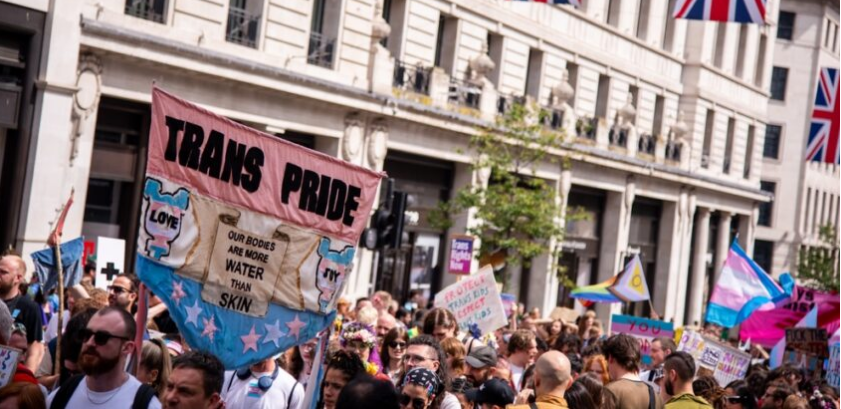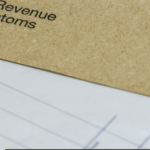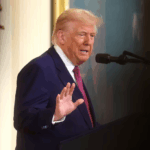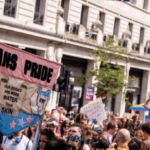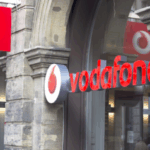Some of the world’s largest companies are pulling back from sponsoring the UK’s biggest Pride festivals, as organisers report a sharp drop in corporate funding amid a growing global backlash against diversity, equity, and inclusion (DEI) initiatives — particularly in the United States under President Donald Trump’s administration.
Major brands including Sony, Reckitt Benckiser, Costa Coffee, Deloitte, and Skyscanner have not renewed sponsorships for key UK Pride events this year, despite previously prominent involvement. Pride in London, the country’s largest LGBTQ+ celebration, has seen sponsorships from Sony’s PlayStation and Reckitt’s Durex quietly dropped. Meanwhile, Costa Coffee, owned by Coca-Cola, is absent from this year’s Brighton & Hove Pride, one of the UK’s most widely attended LGBTQ+ events.
BMW, a sponsor of both London and Brighton Pride in 2023, has redirected its support this year to Classical Pride, a smaller LGBTQ+ classical music festival. The carmaker has also noticeably refrained from adopting Pride-themed social media branding, as it has in previous years.
The trend extends across the UK. In Scotland, both Deloitte and Skyscanner have withdrawn from sponsoring Edinburgh Pride, breaking with past support. According to the UK Pride Organisers Network, 75% of Pride events in Britain have reported a decline in corporate sponsorships in 2024, with one in four experiencing funding cuts of more than 50%.
The decline in corporate backing comes as President Trump intensifies attacks on DEI policies in the U.S. An executive order issued earlier this year bans “illegal DEI” practices in federal programmes, triggering a wave of anti-LGBTQ+ legislation across Republican-led states. Laws in states like Utah have gone so far as to ban LGBTQ+ flags from government buildings and schools.
The cultural shift appears to be having a chilling effect beyond the U.S. Multinational companies with large American operations — including HSBC and global advertising firm WPP — are taking a more cautious approach to Pride engagement this year, concerned about reputational risks in an increasingly polarised environment.
Analysts say many companies are now weighing the political cost of LGBTQ+ advocacy against the risk of alienating younger and more progressive consumers who view corporate allyship as essential.
The same trend is being seen in the U.S., where New York City Pride, the largest Pride event in the world, has suffered a 25% drop in corporate sponsorship. Major names such as Mastercard, PepsiCo, Citi, PwC, and Nissan have scaled back or ended their support.
While organisers stress that many brands remain committed to LGBTQ+ inclusion, they warn that dwindling financial backing could threaten the scale and impact of Pride events across the UK and beyond.
As Pride Month continues, the tension between corporate support and political backlash is raising difficult questions about what genuine commitment to equality looks like in today’s climate.


